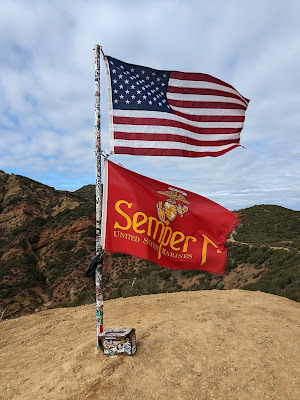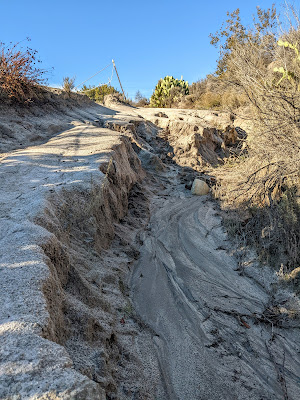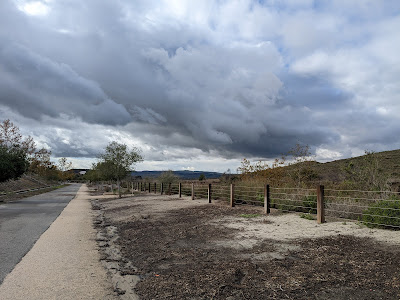Freedom and Contradiction
In his essay collection Farther Away, Jonathan Franzen writes a lot about his deceased friend David Foster Wallace. He lauds Wallace's novel, Infinite Jest, and for this I have finally forgiven him.
There are very few moments I enjoyed in Infinite Jest, but I couldn't stop reading it. I resented the compulsion I felt to see the book through. It's a tough, uncomfortable, unsatisfying, frustrating read, but it is masterfully written. It's too well done to give up on.
Franzen's novel Freedom deals a lot with similar situations, being unable to turn from things that make you crazy. The characters' lives are filled with lies, unfair expectations, and an inability to walk away. Characters are "a magnet attracted to another magnet," attached even as they crush each other.
*Spoilers Follow*
Freedom is a book about trying to avoid repetition and failing. Patty and Walter Berglund over-correct as parents and as spouses and still find themselves contending with the outcomes they desperately tried to avoid. Their children carry the traits the Berglunds attempted to ignore into oblivion. Their own relationship is as damaging as their parents' were, it just uses different tools of destruction. This pattern, the in and out, the far and close, like a DNA helix, braids through the book.
Walter is driven to preserve vulnerable songbirds, the cerulian warbler in particular. These migrating birds are described as following their instincts with no option not to, helpless to the aftermath. This is the case for the majority of the book's characters who all have the foresight to see the wreckage their behavior will cause, but not the power to pivot. Their inevitable choices, sometimes delayed, are never avoided.
One of the main characters is the Berglund's son Joey. He has just started college when 9/11 happens and the identity he was just forging as an adult is blown away by a swirl of patriotism and nationalism, a surge of anger and cynicism. This makes every conflict or consideration, every mishandled freedom in the book, feel particularly American.
The Santiago Truck Trail climbs from Modjeska Grade to a flagpole where you can drop down toward Cook's Corner. Mountain bikers fly down this narrow, steep end, but I like to turn around and make it an out-and-back.
This means the trail ends for me at the flags, which somebody takes the trouble to care for. The wind shreds everything it can find in this canyon. Flags have short lifespans, and somebody replaces these ones. Perhaps the flag maintainer feels the hum of physical freedom on this stunning trail, the stretch and sprawl, and transfers that feeling to something with borders. Comfortable as I am with contradictions, I cannot.I borrowed this audiobook from my library through Libby. It is 23 hours and 37 minutes long and read by David Ledoux.



Comments
Post a Comment